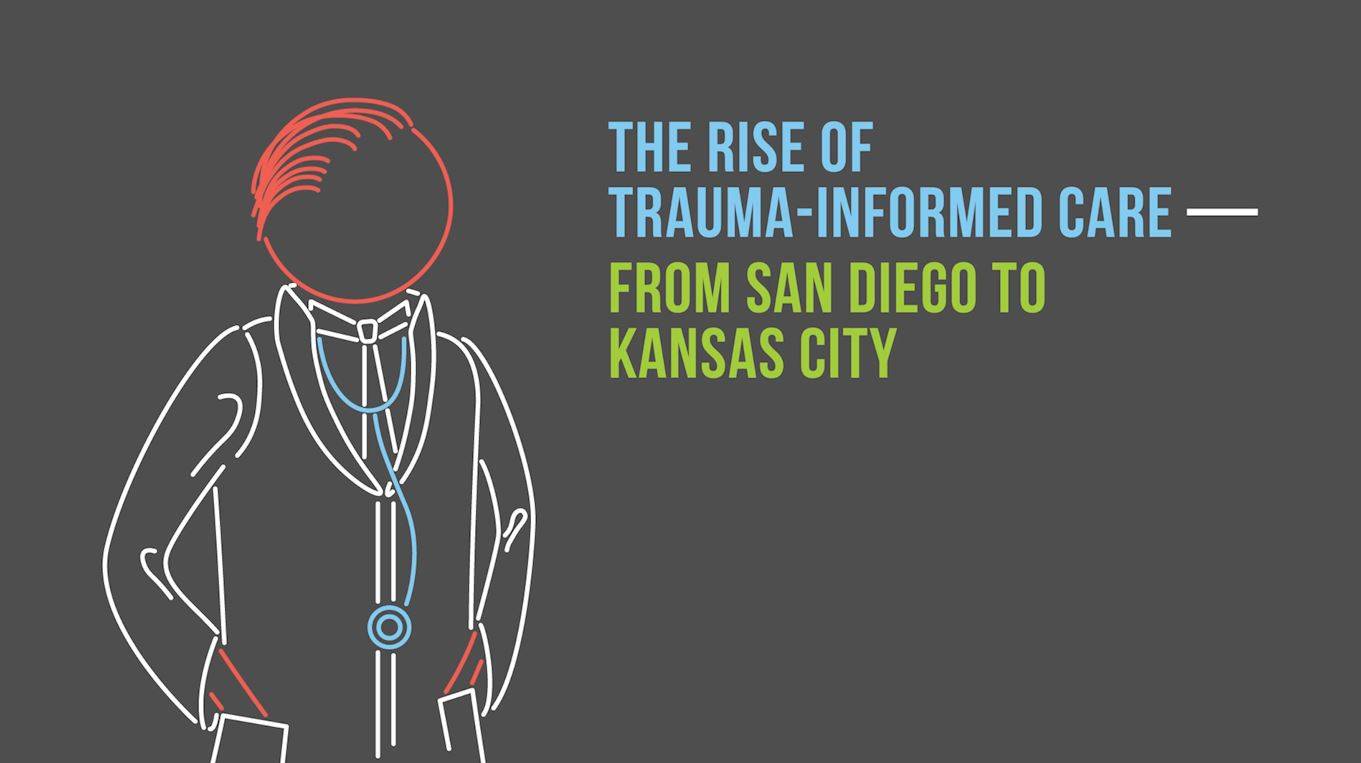Understanding Trauma-Informed Care What Does it Mean, and Where Did it Come From?

Published September 7th, 2017 at 1:00 PM
School districts around the region are embracing the idea that educators must understand underlying issues, such as a violent home life or a history of sexual abuse, that are driving bad behavior or poor academic performance among students.
It’s a concept called trauma-informed care, and its proponents include the National Center for Trauma-Informed Care and Alternatives to Seclusion and Restraint, which is part of the federal Substance Abuse and Mental Health Services Administration.
Local practitioners swear by this approach’s effectiveness in the classroom, especially when it comes to discipline. Teachers and administrators react differently to behavioral issues when they understand what is really troubling the child.
It’s the shift from asking, “What is wrong with you?” to asking, “What happened to you?”
Done well, the approach can have a domino effect of positive results, such as improving a student’s mental health, thereby keeping them in school, and improving their long-term prospects in life.
Take Note has explored the issue of trauma from a number of different perspectives, including stories and videos from suburban districts, such as Blue Valley, to inner-city youth in “If These Walls Could Talk.”
In this installment of our look at trauma, we take a step back to understand one of the fundamental tools of trauma-informed care. Check out the animated short below to discover the serendipitous study that led to a gauge of childhood trauma.


